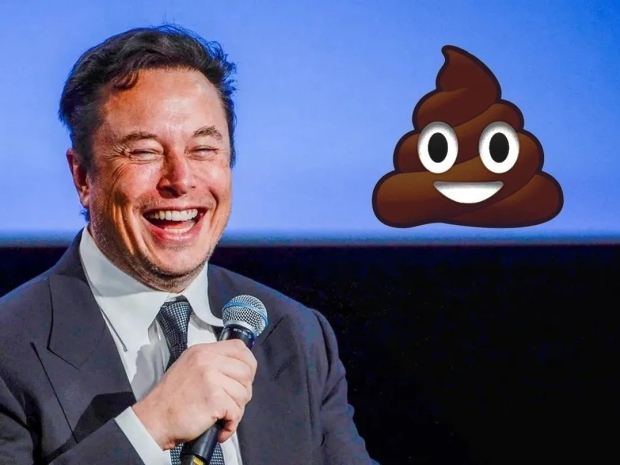According to an upcoming book by Walter Isaacson as the drones loaded with explosives approached the Russian fleet, they "lost connectivity and washed ashore harmlessly," Isaacson reportedly wrote in a biography titled Elon Musk, to be released on 12 September.
According to Isaacson, Musk's decision was driven by fear of Moscow's nuclear retaliation, sparked by the billionaire's conversations with senior Russian officials, including that nice Mr Putin.
Ukraine's Digital Transformation Minister Mykhailo Fedorov then reportedly pleaded with Musk to restore the drones' connectivity.
Musk later denied that he had Starlink deactivated near Crimea, saying it had not been active in that region in the first place. However, he also said that there was a plan by Ukraine to strike at the Russian fleet near the occupied peninsula's coast, which he prevented.
"There was an emergency request from government authorities to activate Starlink all the way to Sevastopol," Musk claimed on his social media platform X.
"The obvious intent was to sink most of the Russian fleet at anchor. If I had agreed to their request, then SpaceX would be explicitly complicit in a major act of war and conflict escalation."
According to an article by The New Yorker published on 21 August, Musk held conversations with Vladimir Putin – though the billionaire denied talking to the Russian president.
Former Russian president Dmitry Medvedev took time out of threatening the world with nuclear war to praise Musk for preventing the attacks and allow the Russian navy to get on with is business of firing missiles at Ukrainian schools and markets.
Or, at the very least, in gender-neutral America, Musk is the one with the balls,” Medvedev added.

